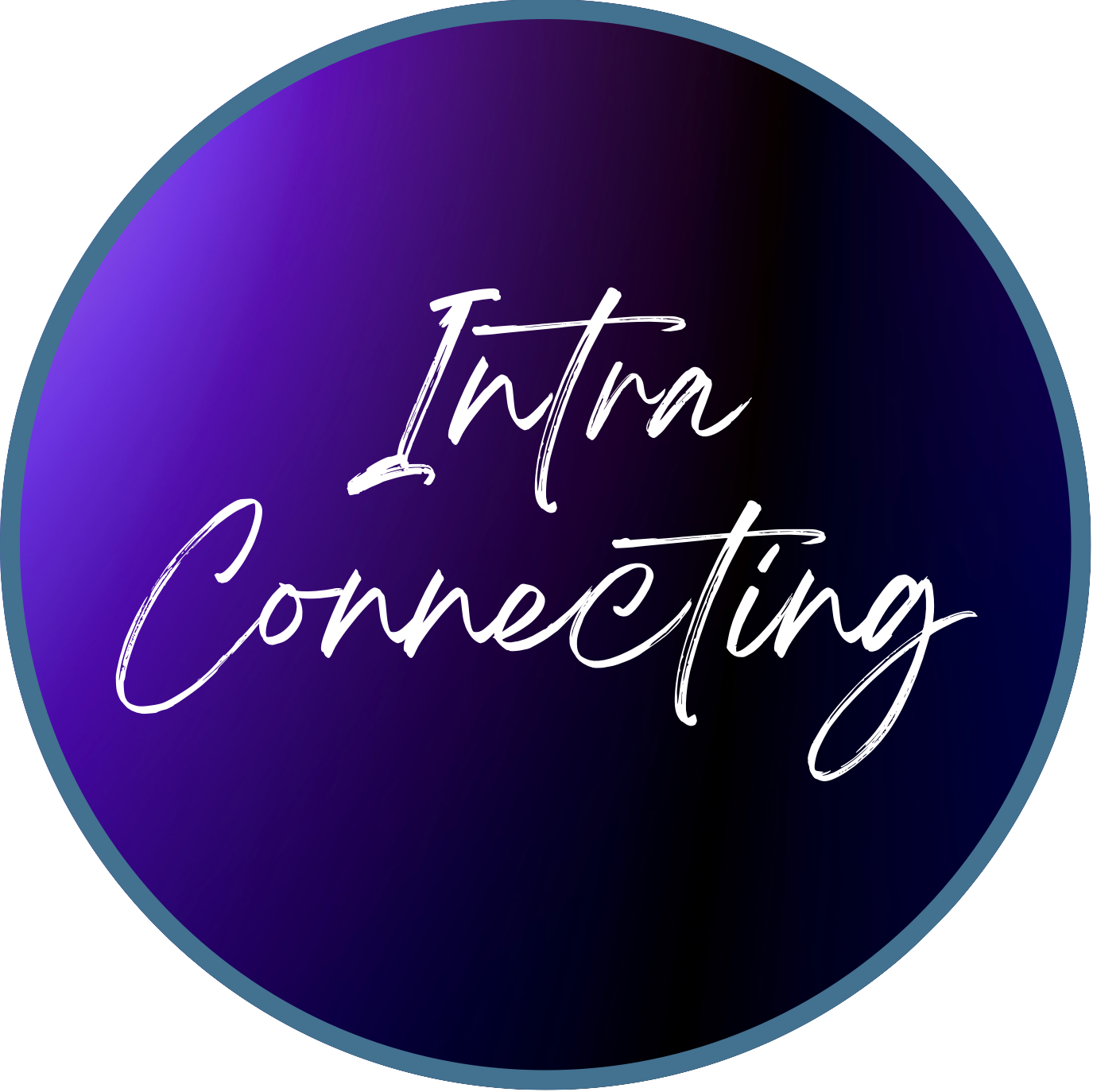When our bodies react before our minds catch up
We don’t always notice our body sensations when we get triggered. Maybe we have a vague awareness of something like heat in the chest. We may or may not notice that we’re clenching our muscles.
Often the first thing we’re aware of is the urge to defend ourselves. Or to pull away. Or to try and ‘fix’ things. We’re often stuck in our heads, perhaps hyper-focused on whatever we think is wrong about other people, or the way they’re behaving.
We don’t like the way we’re feeling, and so we sort of push our emotions aside. We often tend to iignore the feelings themselves, and focus on our thoughts. We tell ourselves a story about why we feel this way (which usually involves blame!) and that’s the place we react from.
And in tense moments, we often react so quickly and impulsively that we trample all over the other person’s feelings, and don’t show up with the level of care and awareness that we’d like to think we’re capable of!
It’s only later, when we’re trying to find our way back to connection, that we realise the person we were talking to was probably saying something perfectly reasonable. They were just trying to meet their needs. But somehow whatever they said landed more sharply than they intended. We might feel a bit ashamed when we remember how strongly we reacted.
NVC practices have helped me to slow down enough to notice the difference between what’s actually happening, and the story I’m believing about it. And they’ve helped me create a bit more space for choice before I react from old habits.
One of the keys I’ve found most useful for creating more awareness in the moment is to slow everything down, and focus your attention on what’s actually happening, right now, in your body.
What can you notice when you’re triggered? There might be a burning sensation in the chest, or dryness in the throat. Is there tightness in your shoulders? Are you clenching your stomach? Or your jaw? Are you holding your breath?
Perhaps you can put a name on the feelings: alarm, sadness, disappointment, fear? Even if you can’t find a word that feels right, you can observe the feelings and welcome them. I often find that when I allow my feelings enough space just to be there, they’re not as uncomfortable as I was expecting! Often the fear of feeling the feelings can be more intense than the feelings themselves!
And then see if you can notice which needs those feelings are pointing to. What’s really important to you right now? Connection? Fairness? Security? Often when we hit on a need word that feels accurate, our bodies noticeably relax. We might let out the breath we didn’t even realise we were holding!
If we’ve got this far, then we’re probably feeling a lot more self-connected. - and empowered. We’re taking responsibility for our own internal reactions, rather than blaming others for how they ‘made us feel’. And from this place, we can make more conscious choices around what we say next.
Here’s an invitation: next time you feel a strong urge to snap, defend, or pull away, take a moment before you respond to tune into what’s happening in your body.
There are no right answers. And it doesn’t even matter if we can’t figure out what we’re needing straightaway. But we can build more self-awareness (and choice!) if we take time to notice what’s alive before we get swept away by escalating tension.
Let me know how you're getting on with your practice.
